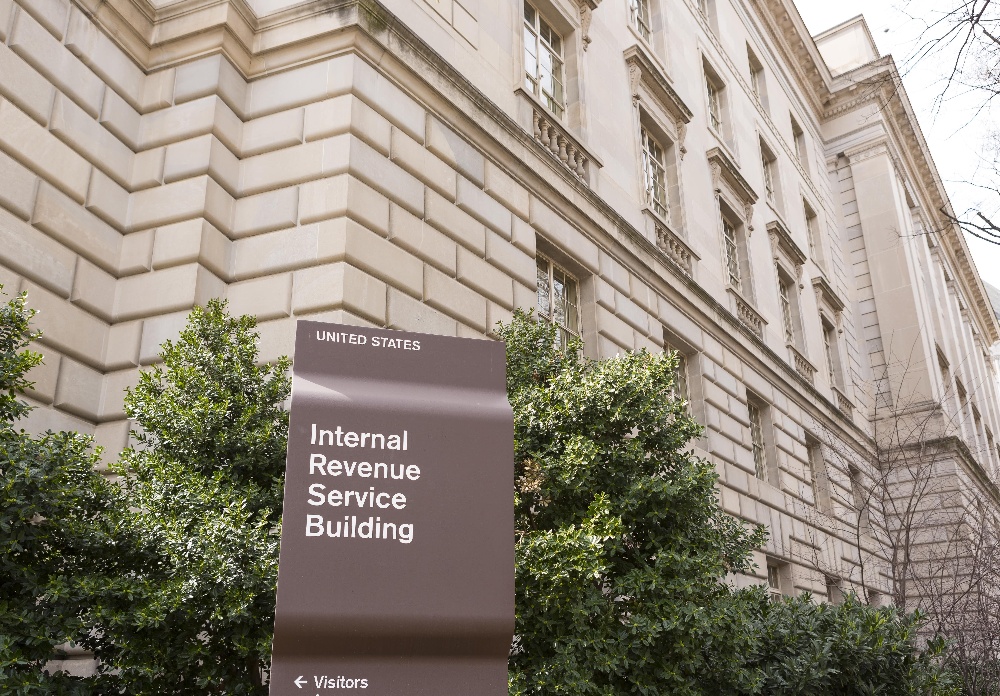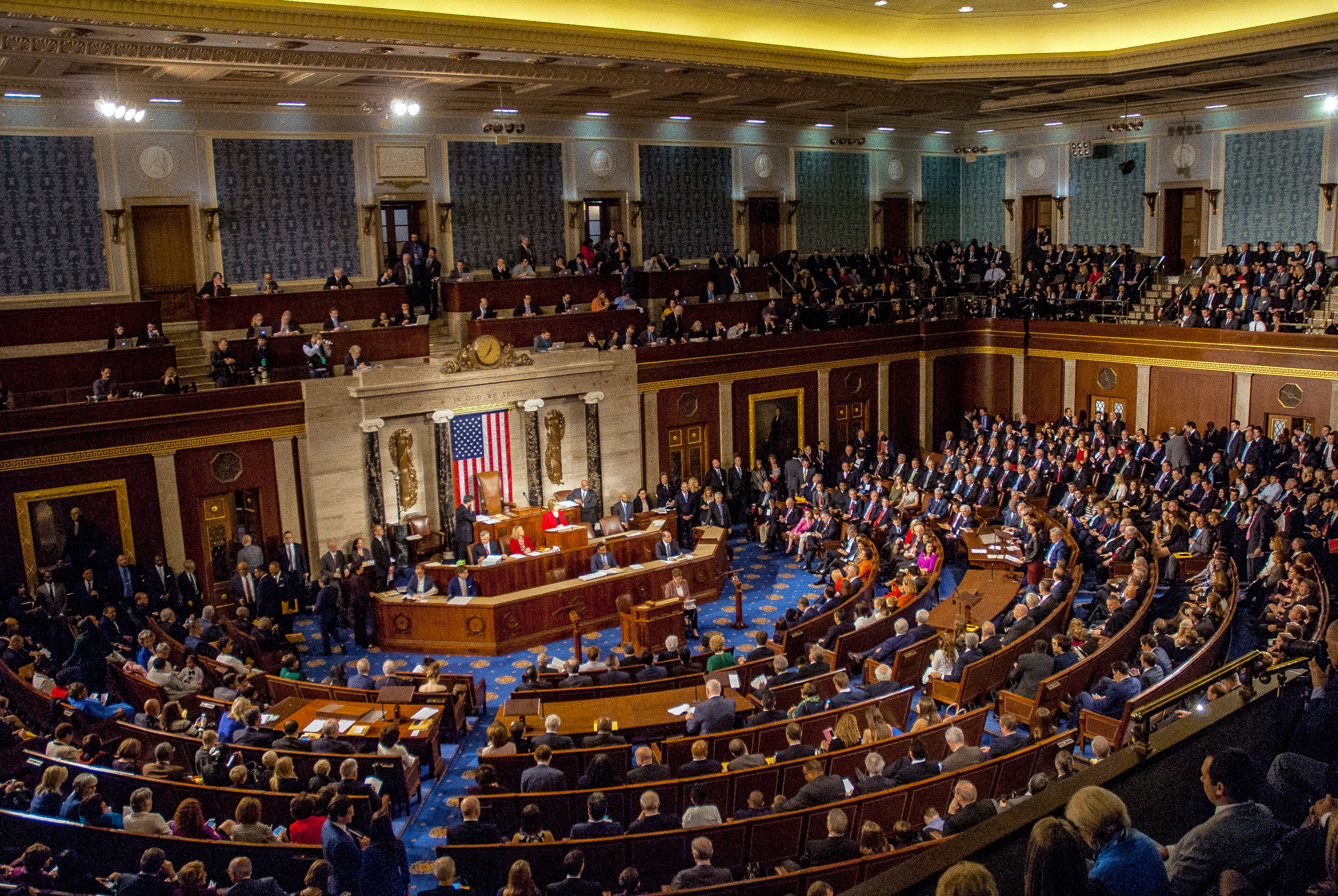On September 28, the House Ways & Means Committee approved legislation, HR 5687, that expands health savings account (HSA) rules to include an increase in the out-of-pocket costs associated with the HSA’s accompanying high deductible health plans (HDHPs). Those limits currently are $7,500 for self-only coverage, $15,000 for family coverage, and $1,000 in catch-up contribution authority. Under current law, HSA contribution limits are much lower--$3,850 for self-only HSAs and $7,750 for HSA owners with family coverage.
In addition, the “HSA Modernization Act” broadens the health coverage options to which an HSA must be tied to include, in addition to HDHPs, certain Veterans Affairs (VA) coverage, bronze and catastrophic Obamacare health insurance, and Medicare Part A coverage. It also allows those covered only by Medicare Part A who are 65 or older to contribute to an HSA, permits spouses to contribute to a single HSA, and authorizes both spouses to contribute to just one HSA.
Also marked up on September 28 by the Ways & Means Committee was HR 5688, the HSA Improvement Act. HR 5688 provides that an employer-provided primary care service arrangement will not be treated as a health plan that makes an individual ineligible to contribute to an HSA so long as the primary care service arrangement provides for no more than a $150/month fixed periodic fee. The fee (which doubles for couples) is indexed for inflation.
In addition, HR 5688 allows for conversion of flexible spending arrangements (FSAs) into HSA/HDHP health coverage. To be a qualified conversion, the employer must transfer all the funds in an FSA to an HSA within two and a half months after the end of the plan year. The FSA funds converted must be the entirety of the account but cannot exceed the applicable FSA limits. The HSA must then be maintained by the individual for at least a year, or it will be subject to an additional 20 percent tax on distributions, unless the individual dies or becomes disabled. The bill also provides spousal eligibility, so long as the spouse’s FSA reimbursements do not exceed the amount of expenses eligible for reimbursement under the FSA.
Prospects: Committee Democrats opposed these HSA expansion bills, noting, based on Joint Tax Committee distributional analysis, that HSAs generally benefit higher-income individuals and so use of limited government resources on expanding HSAs is a misplaced priority. Given that, and the dim prospects for a year-end tax bill, the prospects for these bills to be enacted into law this year are not good.
NAIFA Staff Contacts: Michael Hedge – Senior Director – Government Relations, at mhedge@naifa.org; or Jayne Fitzgerald – Director – Government Relations, at jfitzgerald@naifa.org.






.png?width=600&height=90&name=Support%20IFAPAC%20%20(600%20%C3%97%2090%20px).png)
